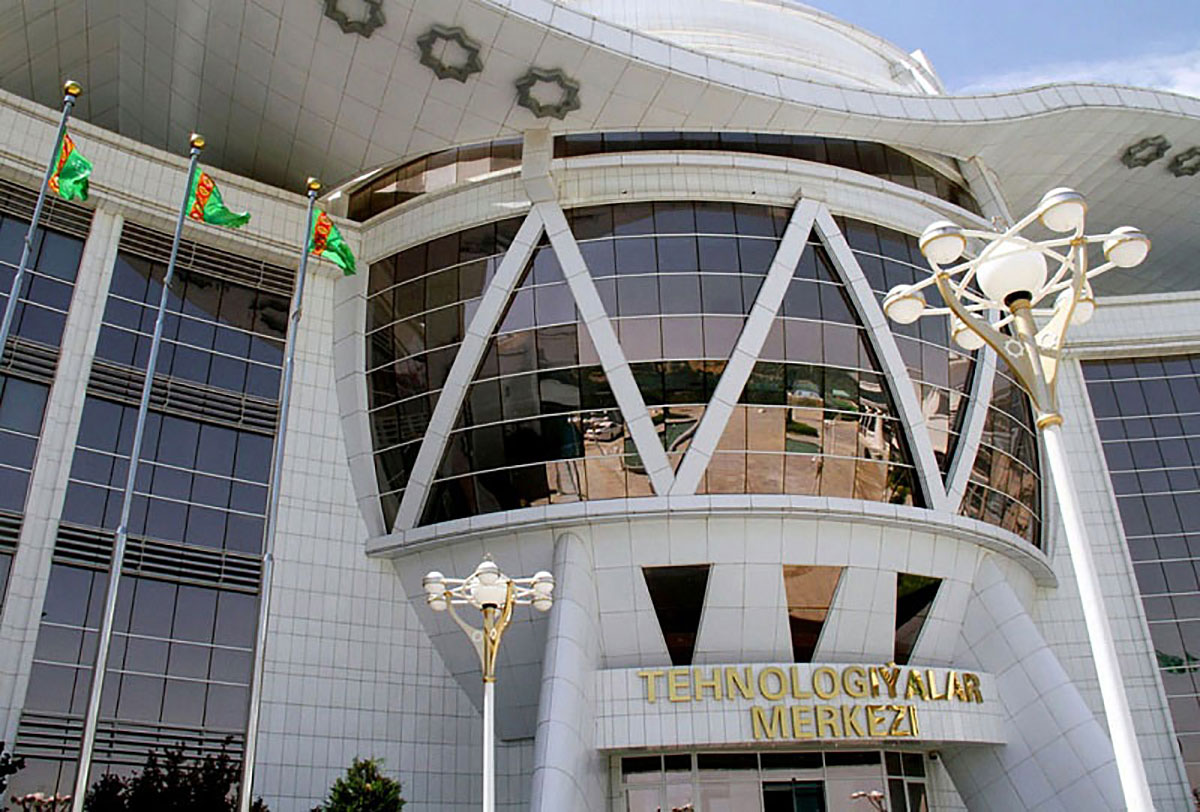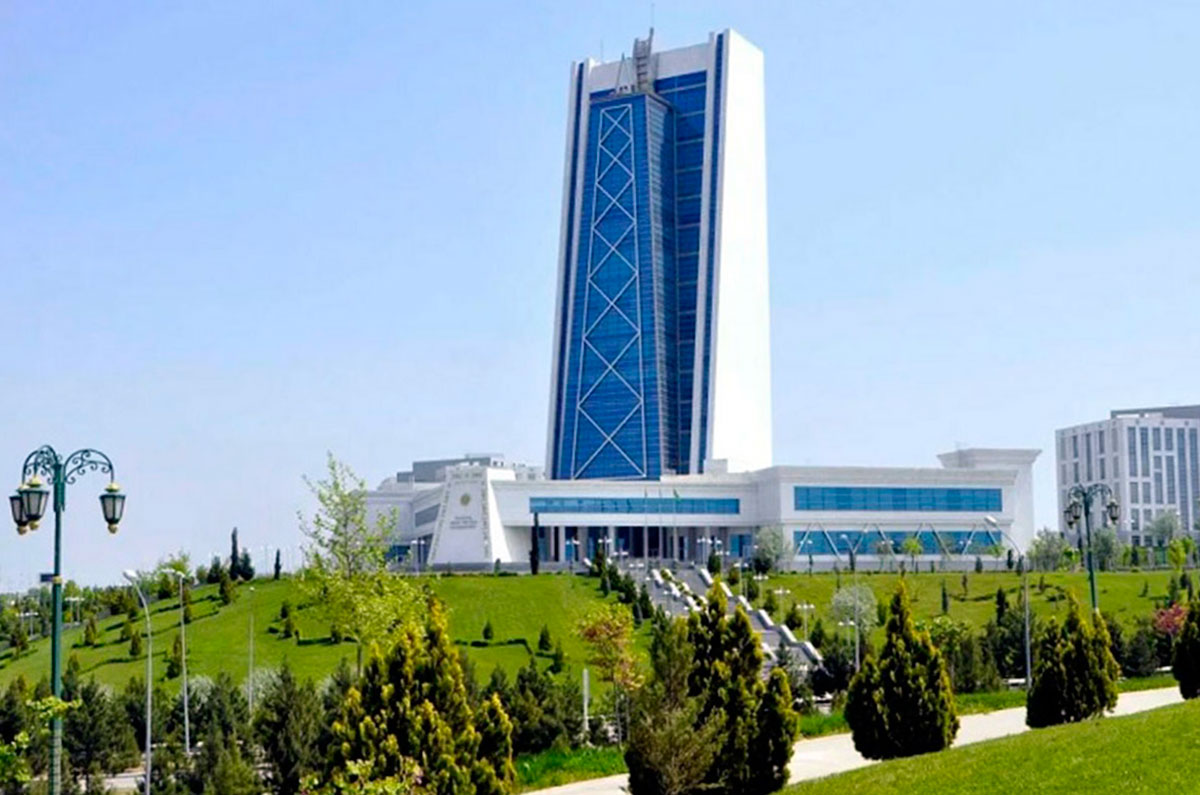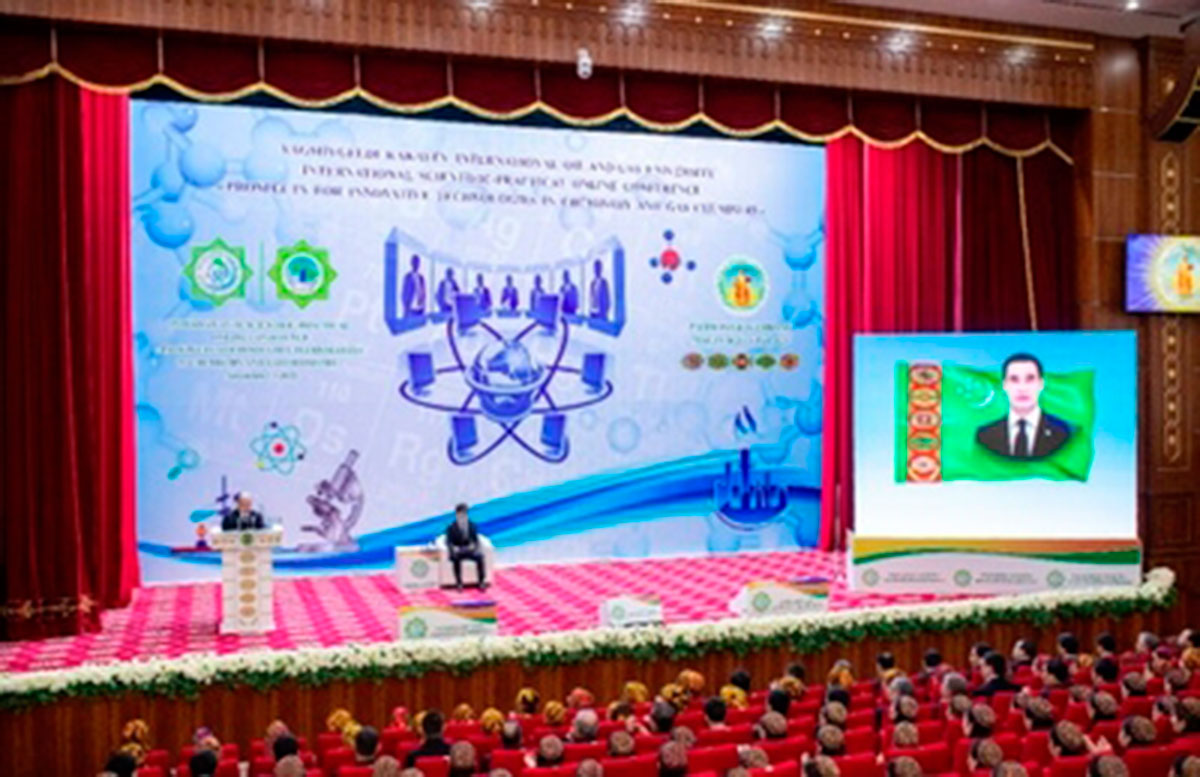In the biotechnology laboratory of the Technology Center of the Academy of Sciences of Turkmenistan, together with the Turkmen State University named after. Makhtumkuli and the Turkmen State Pedagogical Institute named after S. Seidi are conducting research on biological methods to improve land fertility and combat soil salinization, which, according to FAO experts, is a global problem for mankind. This process is most common in arid regions, including Central Asia. Soil salinization, both natural and secondary in conditions of irrigated agriculture, leads to the loss of previously fertile lands and is one of the factors that intensify the process of desertification.
According to scientists, soil salinity is the presence, first of all, in its root layer of easily soluble salts that inhibit the growth and development of most plants. The inhibitory effect of such salts contained in the soil solution on the growth and development of plants is due to the osmotic and toxic effects. The osmotic effect is due to the fact that the concentration of salts prevents the entry of water from the soil solution into the root or even sucks water out of the root cells into the soil. The toxic effect of easily soluble salts on plants is due to the specific physiological effect of certain ions, which disrupts the balance of nutrients. In this regard, scientific research is being carried out in the laboratory on the decomposition of salts in the soil by biological methods to increase the productivity of the country's sown lands.
In addition to methods of soil desalinization, laboratory staff are developing technologies for the production of organic fertilizers from plant residues. Organic fertilizers are one of the important components of the soil, determining its fertility, and a source of nutrients for plants. As a result of microbiological processes in the soil, the compounds of nitrogen, phosphorus, potassium and sulfur contained in organic fertilizers remain in a state favorable for absorption by plants.
Biocomposting has a positive and beneficial effect on the soil, providing it with nutrients, reducing salinity, increasing soil stability and retaining moisture. Various substrates are used to produce composts, such as industrial, domestic, agricultural and animal waste. To increase the rate of biocomposting, various chemical, herbal and microbiological additives (bacteria, fungal) are used.
Plant residues were used in the experiment of the Biotechnology Laboratory of the Workshop Center of the Academy of Sciences of Turkmenistan and bioinoculated compost was prepared. A vegetative test of the prepared organic fertilizer was carried out, as a result of which the soil with the introduction of organic fertilizers showed a higher yield than the control soil.








